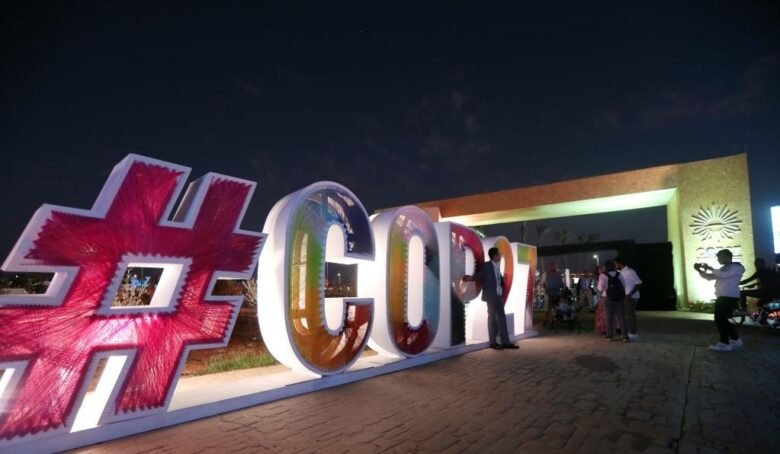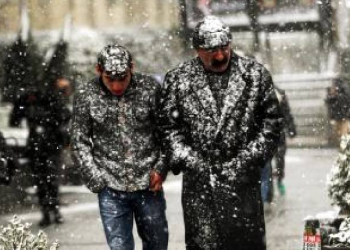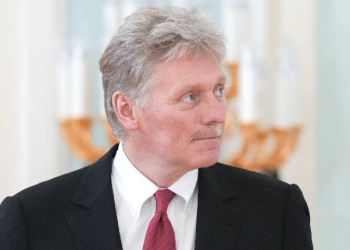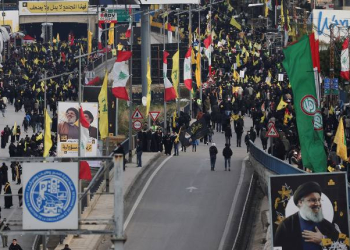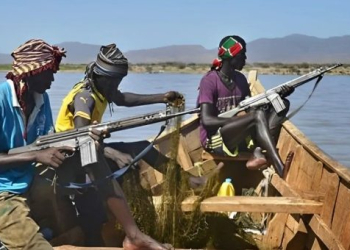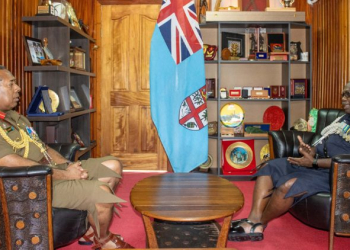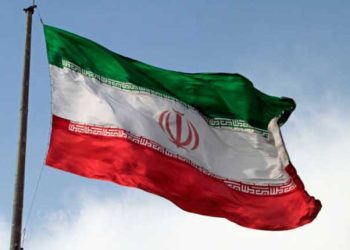Sharm El-Sheikh (Egypt): As negotiations continued in Egypt on the extended day on Saturday, climate negotiators have been grappling for an agreement at the UN Climate Change Conference (COP27) on key issues — most prominently on funds for the loss and damage suffered by poor and vulnerable countries hit by extreme weather, fossil fuel phase-out and lack of transparency in the COP Presidency.
Diplomats from nearly 200 countries believe there are many factors at play if this COP doesn’t deliver. Despite the COP being hosted in Africa, voices from across the region demanding a fund for loss and damage and fossil fuel phase-out have been largely ignored by the Presidency.
There is an emphasis on scaling up renewable energy, but unless it’s not linked to phasing out coal, oil and gas, it doesn’t work in reality, said Aarti Khosla, Director, New Delhi-based Climate Trends.
“The text is missing on any reference to oil and gas. Given what we have seen in the world this year with rising gas prices and inflating bills of poor countries, this not only wastes a year from the last COP but it also makes it convenient for the fossil fuel lobbies to press ahead. That is not in the interest of climate action. This COP in Egypt should have sent out a better signal,” Khosla told IANS.
She said in the quid pro quo and making loss and damage fund weak, the world has also lost a chance where the developed world could have stepped up to phase out oil and gas.
COP27 President Sameh Shoukry briefed the media about the ongoing negotiations, including developing a balanced and productive text, and urged the parties to show their determination and reach a consensus.
“The issue now rests with the will of the parties. It is the parties who must rise to the occasion and take upon themselves, the responsibility of finding the areas of convergence,” Shoukry said.
Sounding a warning note, Zeina Khalil Hajj of 350.org said, “We are already in overtime at COP27 and our message is very clear — we cannot afford a bad deal. The world around us is on fire, we cannot delay implementing 1.5-degree C.
“We still haven’t seen the latest text but in the draft, we saw on Friday that COP27 is backsliding on commitments to phase out fossil fuels which is needed to keep 1.5-degree C alive. The fossil fuel lobby is shaping the deal here and we cannot afford this.”
The success or failure of COP27 depends on the inclusion of an equitable phase out of all fossil fuels in the formal outcome.
Many countries, including Vanuatu and Tuvalu as well as large producers like the US, Norway, Colombia and the EU, are already pushing for this, but more countries must show clearer leadership. And the world supports them, as half a million people just signed a petition calling on a global phase out of fossil fuels.
The divisions between the north and south were always getting bigger, but they became ever more visible here this time, said a climate negotiator.
The fundamental issues which define whether countries are still in old groupings of developing, and hence don’t have the same burden of responsibility; or in a changed world “we have more countries who should also share responsibility has been the undercurrent which has infiltrated mistrust at every level”.
The chasm of mistrust has expanded and has been a key factor for where the COP stands today, said the negotiator.
An extended plenary discussion has been agreed for midnight on Saturday, with a formal announcement of any final text expected a day later.
“It’s absurd that as climate crisis builds and emissions rise, parties are still only focusing on keeping 1.5-degree Celsius alive in text. The conditions that enable such an aggressive scenario, which will mean deeper and faster emission cuts by the world, and first by those who have the historical responsibility to do so, are not up for being agreed to.
“The shift of responsibility won’t help. The EU and the US as the two major pillars of this process have not been able to lift the process even as Egypt the Presidency has also played at the hands of the fossil lobby to not be able to act responsibly,” said another negotiator.
Couching fundamental matters relating to definition of which countries are developed and hence must now pay, or how the financial systems need to be reformed to raise finance that supports a better world are not matters only relating to this COP.
In the end, only saving the language of the previous COP and not be able to rise to the occasion and call for a phase down of all fossil fuels is the kind of intention that perpetuates inequity.
“And we have seen it yet again,” the negotiator added.
Sounding an optimistic note, Harjeet Singh, Head of Global Political Strategy, Climate Action Network International, told IANS, “The draft decision on loss and damage finance offers hope to vulnerable people that they will get help recovering from climate disasters and rebuild their lives.”
“We cannot expect 1.5-degree Celsius dies here,” EU climate boss Timmermans tweeted. The implication being that’s what he thinks may happen.
He told the media that the EU has shifted its position on loss and damage, saying, “It’s time for others to shift too.”
With 197 parties, the United Nations Framework Convention on Climate Change (UNFCCC) has near-universal membership and is the parent treaty of the 2015 Paris Climate Change Agreement.
The main aim of the Paris Agreement is to keep a global average temperature rise this century well below 2-degree Celsius and to drive efforts to limit the temperature increase even further to 1.5-degree Celsius above pre-industrial levels.
The UNFCCC is also the parent treaty of the 1997 Kyoto Protocol. The ultimate objective of all agreements under the UNFCCC is to stabilise greenhouse gas concentrations in the atmosphere at a level that will prevent dangerous human interference with the climate system, in a time frame that allows ecosystems to adapt naturally and enables sustainable development.
(IANS)



